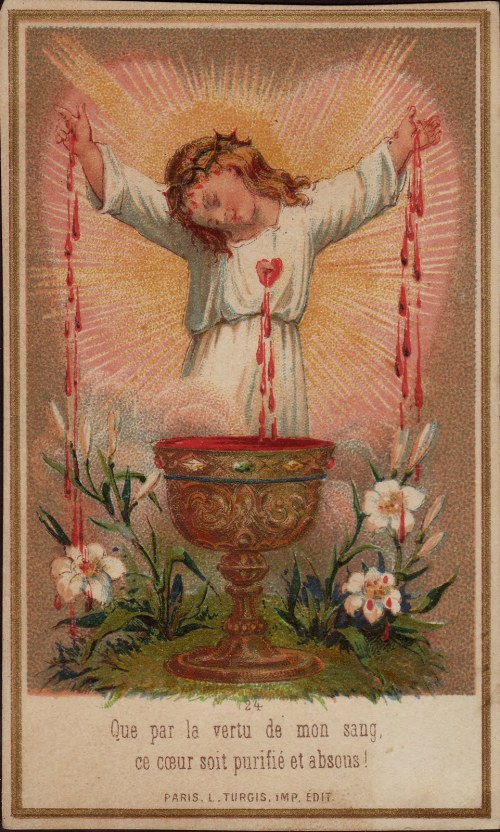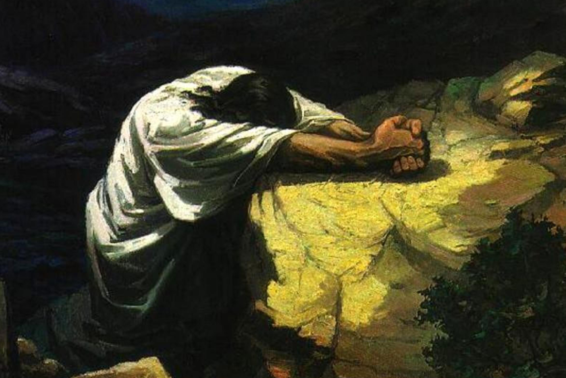
I like the idea that beauty and holiness are the apologia for Christianity. The beauty of Christianity needs to shine out more; this is where the celebration of the liturgy becomes central. And the goodness of Christianity, i.e. the holiness of self-giving love (the witness of charity) and of prayer, needs to be sustained and developed. And this too, certainly: that the one thing Christianity has to offer is Easter. Simply: Christ is risen!— Dom Hugh Gilbert (from A Conservative Blog for Peace)The Regina caeli is said in place of the Angelus during Eastertide.
R. For He whom you did merit to bear, alleluia.
V. Has risen, as he said, alleluia.
R. Pray for us to God, alleluia.
V. Rejoice and be glad, O Virgin Mary, alleluia.
R. For the Lord has truly risen, alleluia.
R. Quia quem meruisti portare, alleluia.
V. Resurrexit, sicut dixit, alleluia.
R. Ora pro nobis Deum, alleluia.
R. Quia surrexit Dominus vere, alleluia.




























/jesus-in-garden-of-gethsemane--mosaic--detail--glorious-mysteries-chapel--upper-basilica-of-our-lady-of-rosary--lourdes--languedoc-roussillon-midi-pyrenees--france--19th-century-677110309-5a839ae9642dca003762cc49.jpg)










